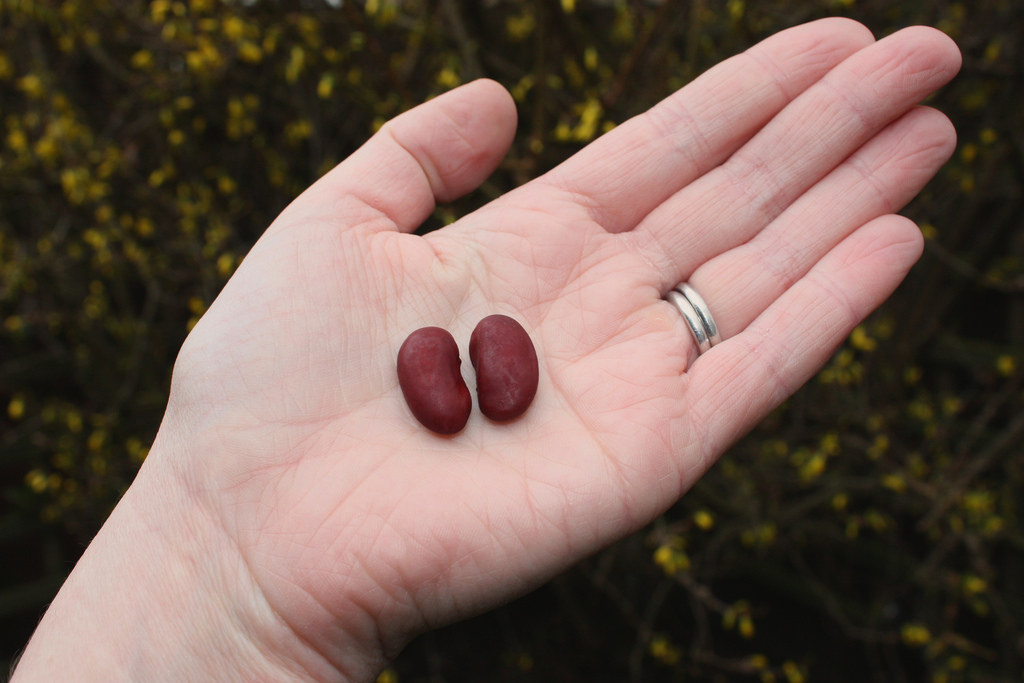Kidneys are important organs that filter blood and produce urine as waste. Like all complex processes in life, the function of the kidney can easily be disrupted by seemingly minor changes. One such change is the increase in the concentration of calcium and oxalate in the urine, a precursor that can be associated with dehydration and poor diet. At high enough concentrations, calcium and oxalate, a naturally-occurring substance in foods, can accumulate and form kidney stones, which are deposits of salts and minerals. Kidney stones can be problematic at large enough sizes in which they become lodged in the ureters, or tubes that transport urine from the kidney to the bladder, and interrupt urine flow, causing excruciating pain to the affected individual. Fortunately, available treatment methods can relieve pain and remove kidney stones but improvements can always be made towards better efficiency and reduced cost. A recent discovery hints at the former through its discovery of a new compound capable of preventing kidney stones.
Researchers from the University of Houston have shown that hydroxycitrate can be used to dissolve the crystals that make up kidney stones. Current treatment methods have been using potassium citrate to slow the growth of the crystals formed by calcium and oxalate. As a result, it is not too surprising that hydroxycitrate, a fairly similar compound, is capable of doing the same. However, what the researchers found that is particularly striking is that hydroxycitrate can dissolve the crystals in addition to inhibiting their growth. Using a complicated quantum mechanical model called density functional theory, the researchers were able to explain this difference between hydroxycitrate and citrate. Put simply, the bonds that hydroxycitrate formed with the crystals were much stronger than those formed between the crystals and citrate. The strength of the bonds led the entire system into a “stressed” state that could only be “relieved” once the crystals were effectively dissolved through the release of calcium and oxalate.
Image Source: Science Photo Library – PASIEKA
The results of this study advocate for a new potential kidney stone treatment. Hydroxycitrate mimics the benefits of potassium citrate but builds upon its capabilities through its unique property of causing kidney stones to dissolve. The researchers not only found that their new compound meets the bare minimum requirements to be used in treatment, but also acknowledged that further studies need to be conducted in order to identify potential side effects and other safety concerns. Overall, the study suggests that attempting to improve upon effective, well-established treatments is not futile and that researchers should pursue similar ventures in hopes of developing treatment methods that are even more effective and perhaps cheaper.
Feature Image Source: scribbletaylor










